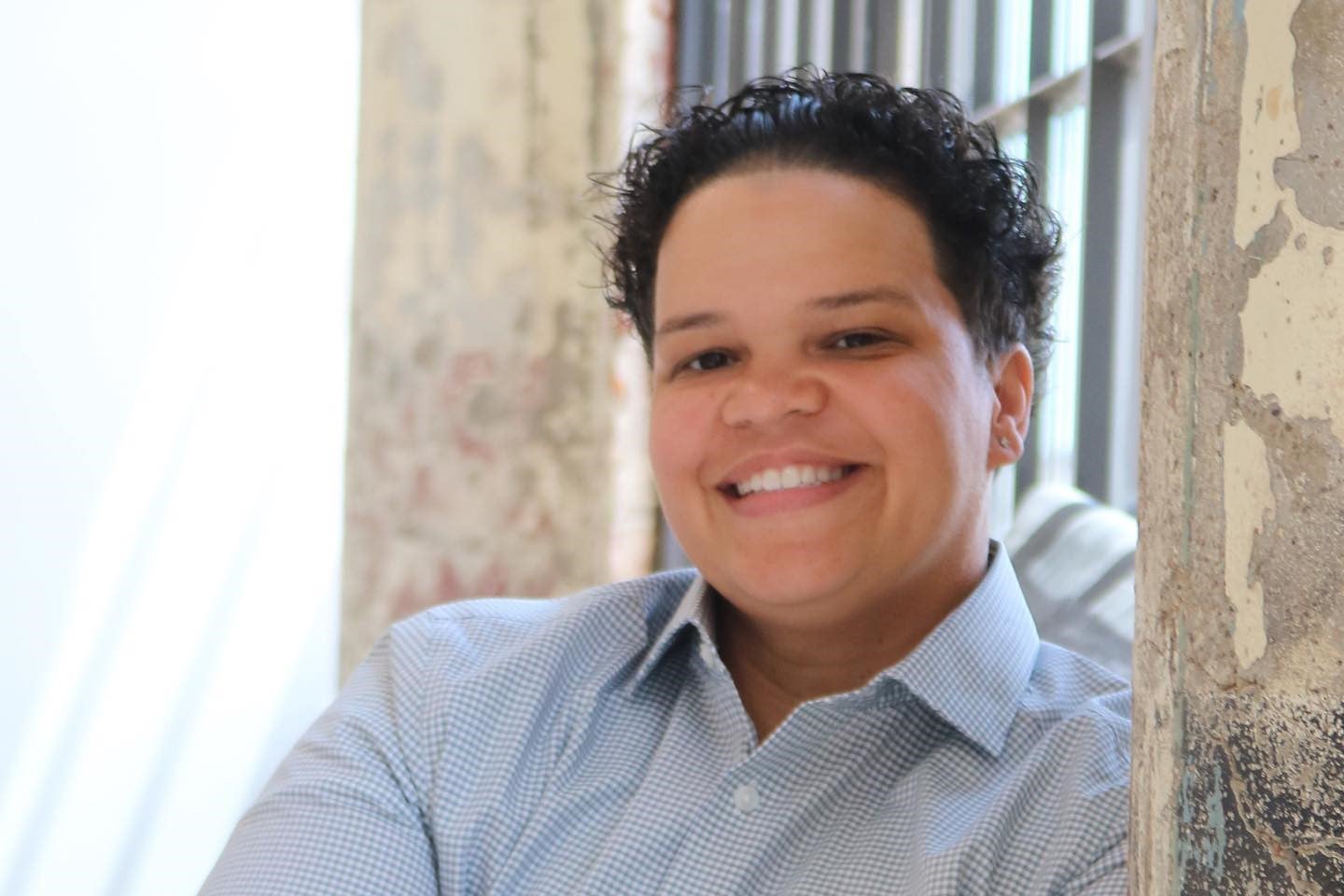Luther College team develops scale to measure hateful emotions
A Luther College professor and team of students have collaborated to develop a scale to measure hate. In the study "Hateful Emotional Responses Scale (HatERS): Development and Initial Evaluation" Loren Toussaint, professor of psychology, and team detail their development and testing of a new scale used to measure hateful emotional responses to being hurt by an offender.
"The world has always been a place where hatred exists, but as of late it has been front and center in our minds, hearts and communities," said Toussaint. "I'd like to try to help us understand what causes it and what helps us to eradicate it."
Toussaint points out that in order to study something, one has to be able to measure it. That's why he and his team developed the HatERS.
"There is no doubt in my mind that hatred exists, so we set out first and foremost to determine if we could measure the amount of hatred that someone is feeling toward another person. Now that we have this measure, we can use it to examine how hatred fuels discriminatory behaviors, racial injustice, rage, health, happiness, etc.," said Toussaint.
The work on this project began during a January term research course in 2017 and 2018. Toussaint collaborated with Rev. Dr. Michael Barry and five Luther students, now alumni: Marcus Enomoto '19, Wyatt Anians '19, Kacy Rodamaker '19, Alahna Keil '17 and Maxwell Meier '18.
The study consists of two parts. The first includes a deep dive into the definition of hate and the development and evaluation of a five-item hateful emotional response scale. The second part of the study examines the structure of the scale and sensitivity to change in hate as a result of attending a lecture on hate reduction.
"Our hypothesis is that hatred is a common response to perceived, and often severe, wrongdoing. Short-circuiting the hateful emotions might involve forgiveness, compassion, humility and justice. None of these are mutually exclusive, and moving toward these positive responses moves us away from more hateful ones," said Toussaint.
"Hateful speech is at the forefront of many big news stories. From politics and race to dynamics between family or coworkers, though disagreements may be deep, hatred doesn't have to be the response to those conflicts," said Anians.
Anians now works as a Clinical Research Coordinator at Mayo Clinic, working on a variety of studies on pancreatic cancer, genetics and related diseases. He said this project launched his research education and ultimately his career.
"It gave me the tools to drive my own projects, open new studies and reach a final product that begins new conversations. It also helped me understand that once you publish new findings or create a new measure, the conversation isn't over," said Anians.
Moving forward Toussaint sees this scale being used as a tool, much like monitoring daily activity levels or quality of sleep. "I'd argue that we need to check in on our hate these days. Now more than ever we need to build our personal, social and spiritual lives and get back to working together for the common good. Maybe the HatERS will be some part of that process," he said.
The finished research project was published in December of 2020 in the Journal of Hate Studies at Gonzaga University, Washington.
Luther College is home to more than 1,800 undergraduates who explore big questions and take action to benefit people, communities and society. Our 60+ academic programs, experiential approach to learning and welcoming community inspire students to learn actively, live purposefully and lead courageously for a lifetime of impact. Learn more at luther.edu.
About Loren Toussaint, Ph.D.
Dr. Loren Toussaint is a professor of psychology at Luther College in Decorah, Iowa. He is a consultant to Mayo Clinic, Cancer Treatment Centers of America, Boise State University and the associate director of the Sierra Leone Forgiveness Project. Dr. Toussaint's research examines virtues, especially forgiveness, and how they are related to health and well-being. He and colleagues recently published a compendium of research titled: "Forgiveness and Health: Scientific Evidence and Theories Relating Forgiveness to Better Health" (Springer). Dr. Toussaint directs the Laboratory for the Investigation of Mind, Body, and Spirit at Luther College. He encourages "everyday forgiveness" to build resilience and minimize stress in families, schools, healthcare, workplaces and communities.
Related Posts

Luther College is celebrating LGBTQ+ History Month in October with a guest speaker, a film showing and participation in Decorah Pride Week events.

An environmental studies class about household energy has turned into a practical energy-saving project for the Luther College campus, thanks to the generosity of two parents of Luther alumni.
Contact Information
Michelle Volkmann
Media Relations Specialist
Phone: 563-387-1417